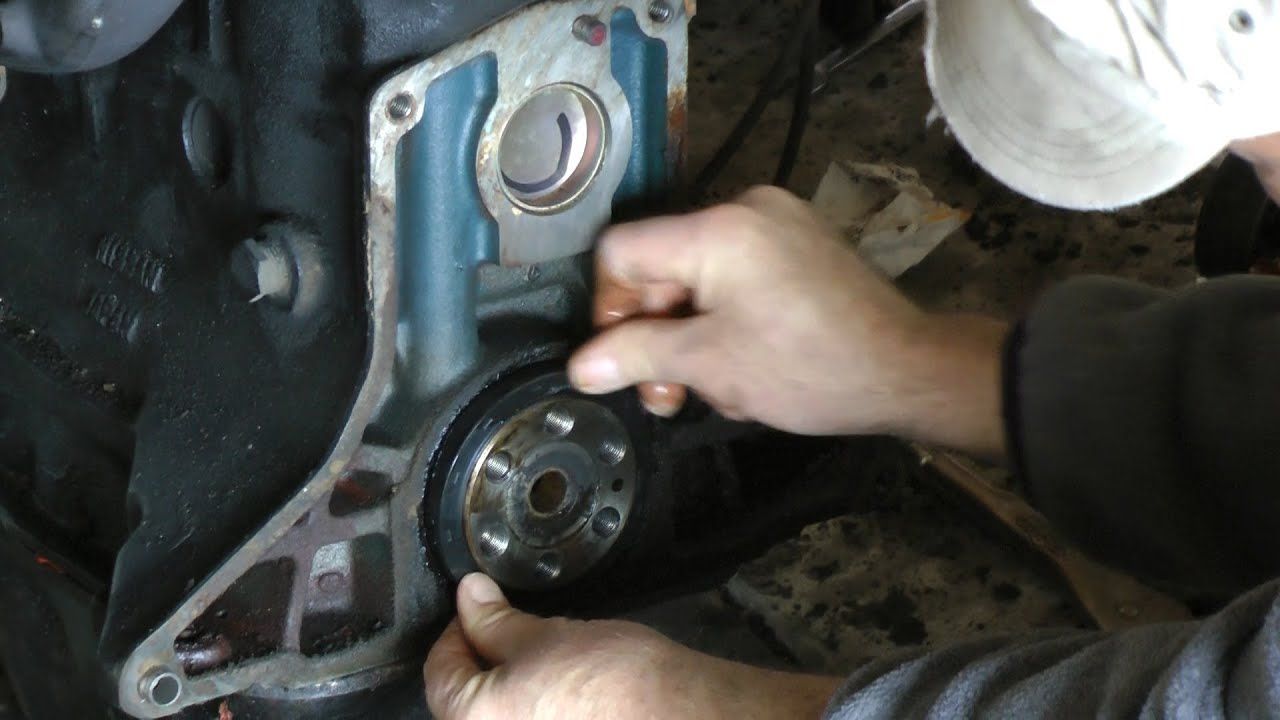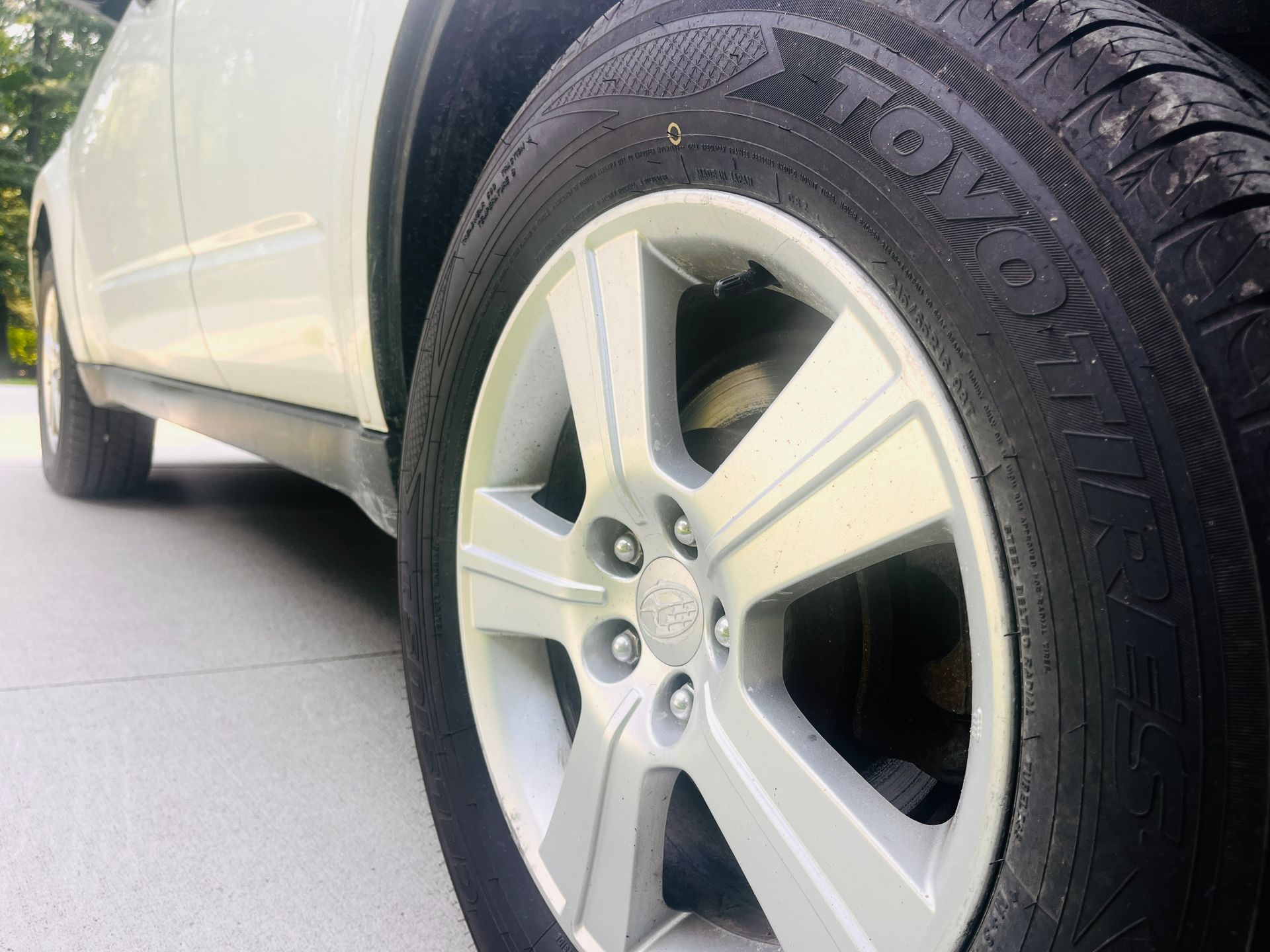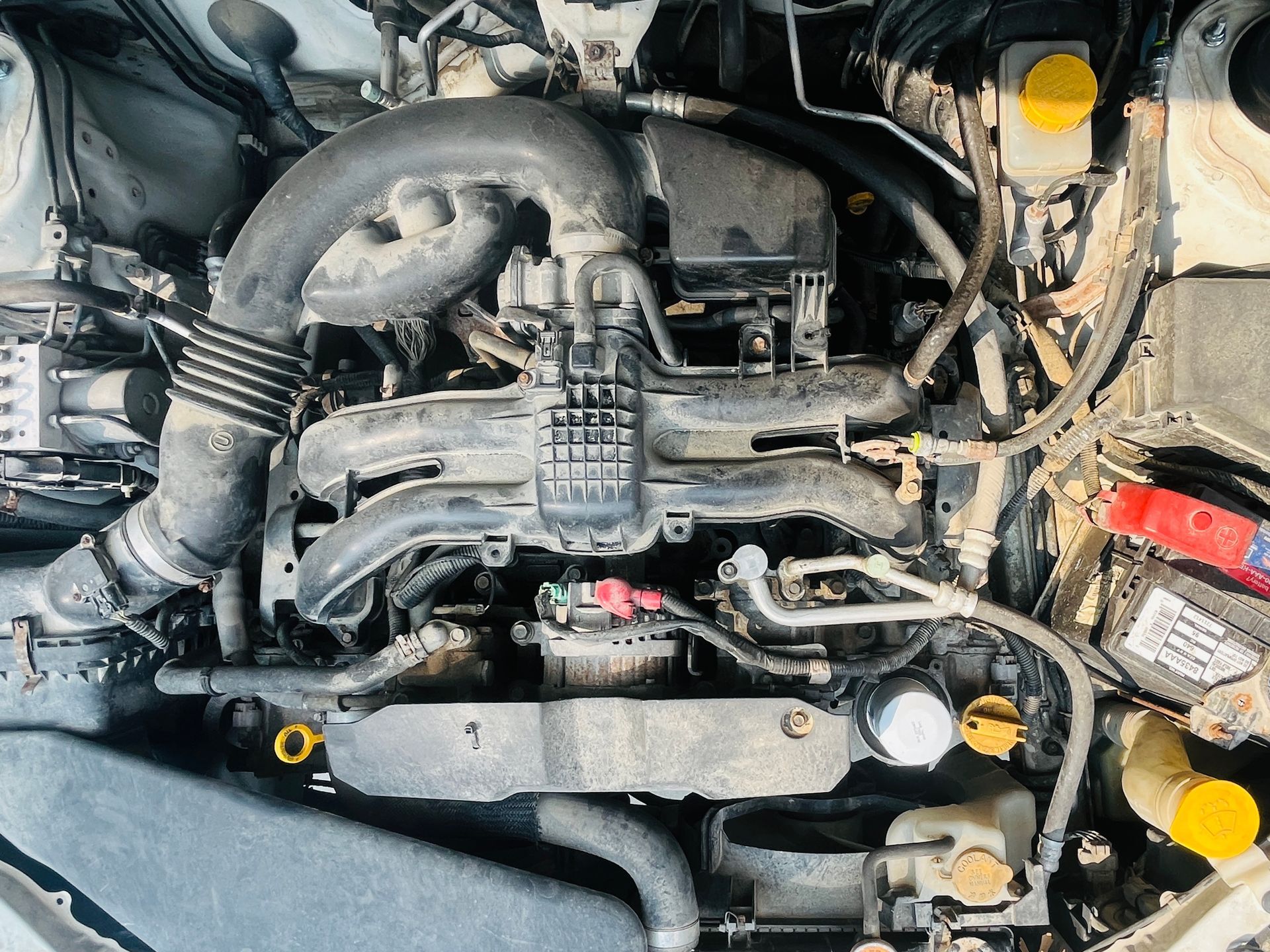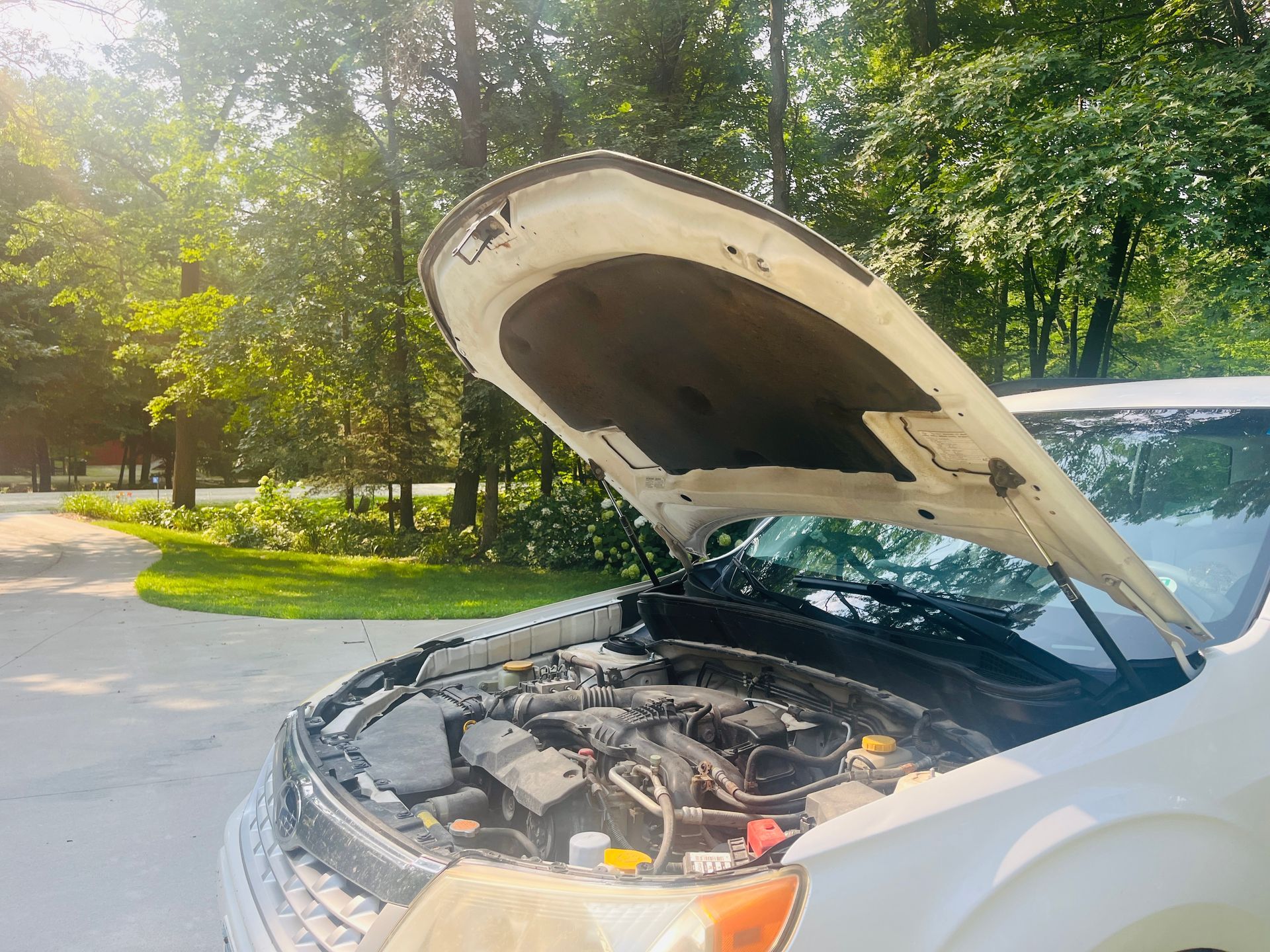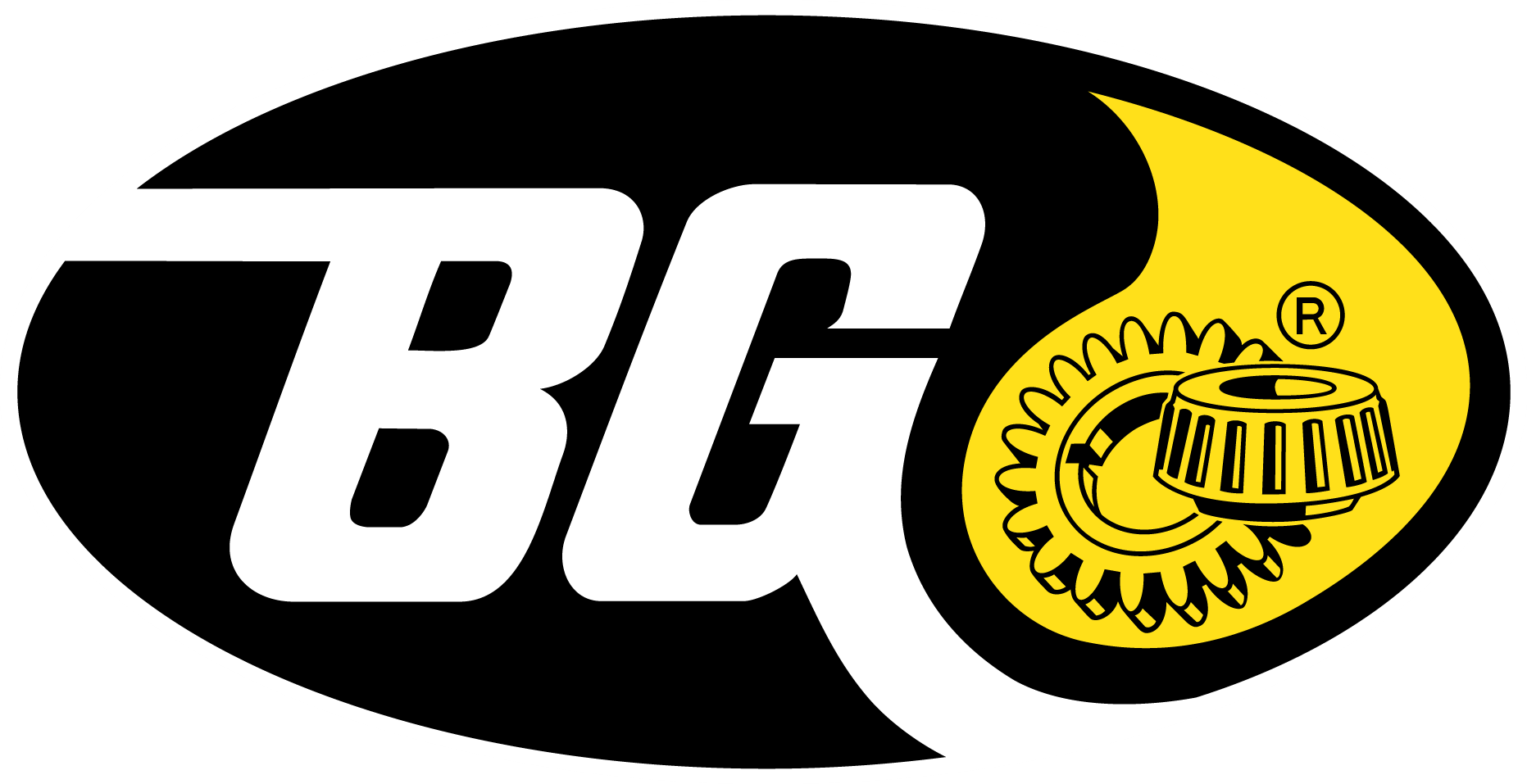What sorts of things do you put off?
October 3, 2019
What sorts of things do you put off? Are there just a few things or many—labeling you a procrastinator? Typically, I am a get-it-done kind of gal. But not when it comes to things that may become too involved or take too much of my time, especially when it comes to my personal well-being. I tend to try to ignore symptoms as long as possible and work around them until I can’t anymore. I blame this on my nursing background—nurses or others in the medical industry give people advice all day, but when it comes to taking care of themselves, many procrastinate. This is also common for moms—taking care of everyone else but themselves. So it’s a double whammy for me—a nurse and a mom. Who can relate?
Case in point: Last fall, my thumb started “clicking” when I moved it. I thought it was strange and, even though it hurt sometimes, I just ignored it and hoped it would go away. It was wishful thinking on my part because as we moved into the New Year, the pain worsened and my thumb started “getting stuck” in a limited position. As time went on, it felt tighter and tighter, the pain moved lower down my thumb and all of the way up my forearm. After a day of working in my garden in the spring, that pain would be almost unbearable come day’s end. By then I was asking everyone I knew for suggestions on how to relieve the pain—still procrastinating a doctor visit.
When I mentioned my thumb troubles to my nurse friend, Patti, she took matters into her own hands and referred me to one of the best doctors in our area—her husband! Come to find out, I had a condition called “trigger thumb.” As a first step, he injected cortisone into the joint. It helped for a few weeks, but the limited range of motion and pain came back and was worse than ever by the end of summer—several more months of procrastination on my part. I finally sought his help again a week ago, and he performed surgery. As my thumb is learning how to move again in the now unstuck joint, there is some post-op pain, but much less than before.
Hallelujah! I wonder why I didn’t do this sooner…
Hindsight is always 20/20, isn’t it? Wouldn’t it be great if our foresight could be just as clear?
We’d all certainly make better decisions and likely not procrastinate as much.
How does this apply to your automotive life? Have you ever run out of gas? Delayed an oil change? Skipped fluid changes? Tried to ignore your check engine light or other negative symptoms your vehicle might have? Postponed a vehicle repair? Deferred maintenance services? Have any of these delays or big procrastinations affected your future? Or perhaps you may not know if your decision to wait may have affected your vehicle internally in ways you cannot see.
In chatting about reasons for delaying auto service with Linda, our customer relations specialist, she shared some of her thoughts based on past things she has heard from customers:
-Natural procrastinator—one customer recently went 6,000 miles past her oil change due date. She claimed that it’s the way she has always been, but she’s been trying to get better since someone recently told her, “If you take care of your car, it will take care of you.”
-Laziness—pure and simple.
-Anxiety—from past experience they know auto repair can be expensive and they don’t want to deal with it.
-Ignorance—they may not know how important a particular service is and what consequences may result from delaying.
-Unpleasant—it’s no fun to spend money on car repairs.
-Broke—they cannot afford the service.
-Busy—there is no time to fit it into their schedule.
-Forgetful—it was not a priority and was forgotten about. Do any of these resonate with you? Do you know the potential consequences of your delays?
How might you go about overcoming some of these and do a better job in “taking care of your vehicle so it can take care of you”?
Delays in service can land anywhere on a good-bad continuum. Sometimes, if you delay, there will be no consequences. For instance, if you defer service to a later date, your vehicle could be just fine until that future date. Or, in the same deferral scenario, there could be catastrophic consequences like an accident—affecting you, your loved ones and others. These are two extremes of that example—of course, other possible outcomes can land anywhere in between, including parts failure, further damage to other vehicle components, etc. Finally, the consequences may be unknown—like if you delay or skip fluid changes and they cause internal damage that may not be known for years.
To help combat many reasons for delays, I have a few suggestions.
Find a quality mechanic you can trust that believes in maintenance—this is key to decreasing anxiety. Having maintenance performed on a regular basis will help keep your vehicle healthy with fewer/smaller repair bills for broken stuff that was never maintained. Your trusted mechanic can also be your guide in what services can wait and which ones are more urgent—helping you to overcome any automotive lack of knowledge. Additionally, they can keep track of your vehicle’s health and guide along the way with service reminders—helping with forgetfulness.
Auto service is never convenient, period. But there are ways that you can help fit it into your schedule. Choose a mechanic that has a shuttle service so your vehicle can be at the “hospital” or “health club” while you are doing other things—like working at the hospital or working out at the health club! Choose a mechanic that is comfortable and consider taking your work to their lobby while they work on your vehicle. Also, offer grace. Mechanics understand how busy you are and they want to do all they can to take care of you in the fastest and best way possible. But sometimes when a “wrench is thrown in” it’s out of their control—with a delayed part arrival, bad part, rusty bolts that are hard to remove, etc.
Be a good steward of your money. I recommend having an auto account just for your automobile(s). Try not to dip into this account unless it’s an emergency. A cute new shirt or a new on-sale tool is not an emergency. If you have funds in this account, it does wonders to decrease auto-anxiety, and it allows you to do timely repairs and maintenance—potentially saving you a lot in the long run. Also, choose a mechanic with a great warranty (especially nationwide in case you are traveling) for the services they are performing—giving you more peace of mind for a longer period (and further distance).
In tough situations when money is lacking, you might find yourself in a conundrum. Your vehicle needs to be repaired to get you here, there and everywhere—including to your job so you can earn a living. So when it’s unsafe or cannot be driven for any reason, what then? Many auto shops have some sort of financing available. I say this with caution since I am not a proponent of debt. However, knowing what it was like to be a single mother years ago with a broken-down car and very little money, I also know we can make informed decisions and prioritize paying that off.
There are some good options—namely the popular Synchrony Cards (with different names including Napa Easy Pay, Car Care One, etc). You can use these as well as other auto service cards at many shops—not just the shop that is listed on the card like Discount Tire or Firestone. For instance, you may open a card at Discount Tire to purchase your new set of tires or wheels. That card seems limited since we don’t usually need tires often. But looks and names can be deceiving—many of these cards were designed to be used at many facilities that provide auto services. Not only that, but some auto cards offer great deals, like six months no interest with a certain minimum purchase and even rebates as a percentage of what you spend. Right now even, one of these cards that I know of rolled out one of the best savings I’ve seen with 10% back (up to $150) just for using the Napa Easy Pay thru the end of the month—this is in addition to the 6-months no interest. This could be a great deal if you are one that pays off your card every month. Even if you don’t, they offer extra time. But again, if you choose financing, I urge you to know the terms and conditions and also prioritize paying it off ASAP.
My last words of advice: If you are a “natural procrastinator," lazy, a mom, a nurse (or other healthcare professional) or a combination of any of these, don’t be dumb like I was with my thumb! Had I sought help sooner, I could have avoided a lot of pain and even been more productive with a healthier thumb. So as we ease into autumn, let’s be wiser and try to have 20/20 foresight by keeping our vehicles and ourselves healthy. And there’s no better time to pull the "trigger" than now with October being National Car Care Month!

